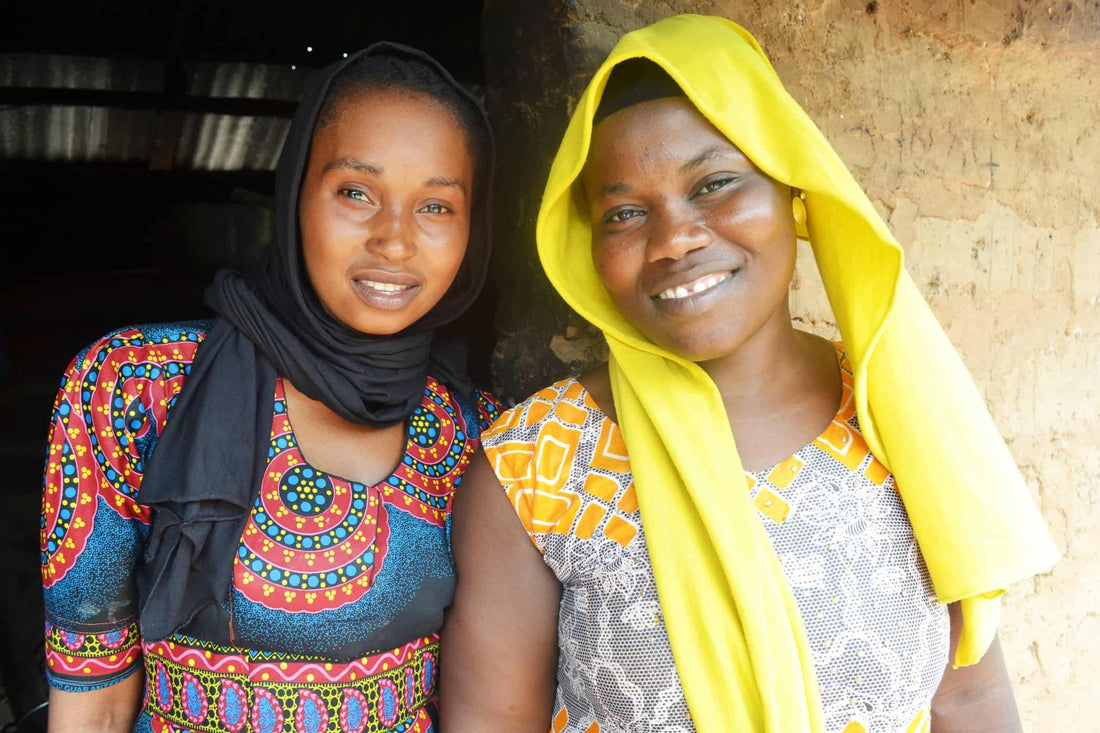
When it comes installed an aqueduct and later the taps in the villages, it is necessary to educate their inhabitants in the correct use of the new, precious resource. This is why the femmes relais exist
In fact, when you come into possession of a new resource, just owning it is not synonymous with progress: progress passes through the correct use of the resource itself, which should be aimed at developing a new culture to be handed down from generation to generation. In the case of the Senegal, the inhabitants of his villages, having not previously had access to drinking water, at the time of installing the taps do not know what it means to wash your hands before and after meals, before and after using the toilet and on saying.
To overcome this problem, there are authoritative and responsible figures who have the task of explaining to the inhabitants the correct approach to take: femmes relais. The femmes relais are women from the village who are trained by expert professionals in hygiene and sanitation rules on the correct use not only of the taps, but of the water itself, to ensure that the general living conditions of the villages drastically improve. Once instructed, the main task of the femmes relais is to transmit the hygiene rules learned to all the inhabitants of the village, so as to allow everyone a correct, efficient and effective use of taps and water.



In the photo in the center there is Helen, collaborator of ACRA with the task of teaching future femmes relais of the villages hygiene rules related to direct access to drinking water. In the photo on the left, Adriana, is the femme relais who will then take care of educating the other women of the village to correct use of water. On the right, two women ready to be instructed by Adriana, to become them too protagonists of change!
